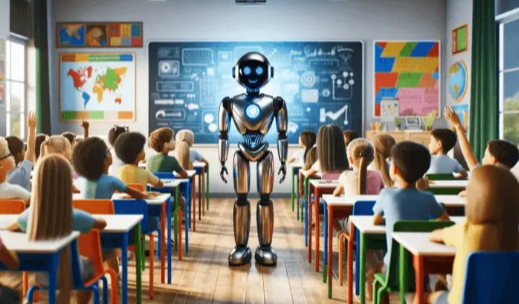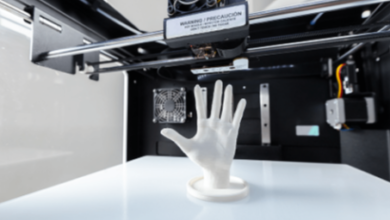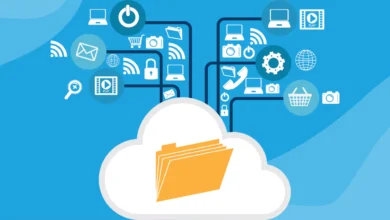The emergence of AI tutors has transformed educational landscapes, offering tailored learning experiences that enhance accessibility. However, their capacity to replicate the multifaceted role of teachers is questionable. While AI excels in data-driven personalization, it lacks the essential human qualities of empathy and emotional connection. This raises critical questions about the future of education. Will AI serve as a mere supplement, or could it redefine the role of educators entirely? The implications are worth exploring.
The Rise of AI Tutors in Education
As educational institutions increasingly integrate technology into their curricula, the emergence of AI tutors has sparked a transformative shift in the learning landscape.
These advanced tutoring software systems utilize adaptive learning techniques, tailoring educational experiences to individual student needs. By providing personalized feedback and resources, AI tutors challenge traditional pedagogical approaches, fostering an environment where students can explore knowledge at their own pace, promoting greater autonomy in learning.
Read Also: How Technology Is Reshaping Music Creation
Benefits of AI Tutors: Personalization and Accessibility
While traditional classroom settings often struggle to meet the diverse needs of all learners, AI tutors offer a revolutionary approach by providing personalized education tailored to individual student requirements.
Leveraging adaptive learning technologies, these systems enhance educational equity, ensuring that every student receives support that aligns with their unique learning styles and paces.
Consequently, AI tutors empower learners, promoting independence and fostering a more inclusive educational landscape.
Limitations of AI Tutors: The Human Element
The limitations of AI tutors become evident when considering the essential human element in education.
While AI can provide information, it lacks the capacity for emotional support and cannot replicate the nuanced social interactions that foster student engagement and motivation.
The absence of empathy and understanding in AI systems may hinder the development of critical interpersonal skills essential for holistic learning experiences.
The Future of AI in the Classroom: Collaboration or Replacement?
How might the integration of AI in educational settings reshape the traditional roles of teachers?
This evolution could enhance collaborative learning by allowing educators to focus on mentorship while AI manages individualized instruction.
Technology integration may foster innovative pedagogical approaches, empowering students with tailored resources.
Ultimately, the future of AI in classrooms may not be replacement, but rather a synergistic partnership enriching the educational experience.
Conclusion
In conclusion, while AI tutors shine as beacons of personalized learning and accessibility, they cannot replicate the warmth and intuition of human educators. The classroom of the future is not a battleground between machines and teachers, but rather a symbiotic garden where both can thrive. By fostering collaboration, educators can harness the strengths of AI to enrich their teaching, ensuring that the vital human touch remains at the heart of education, nurturing both minds and hearts.






